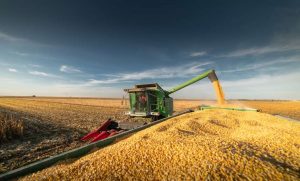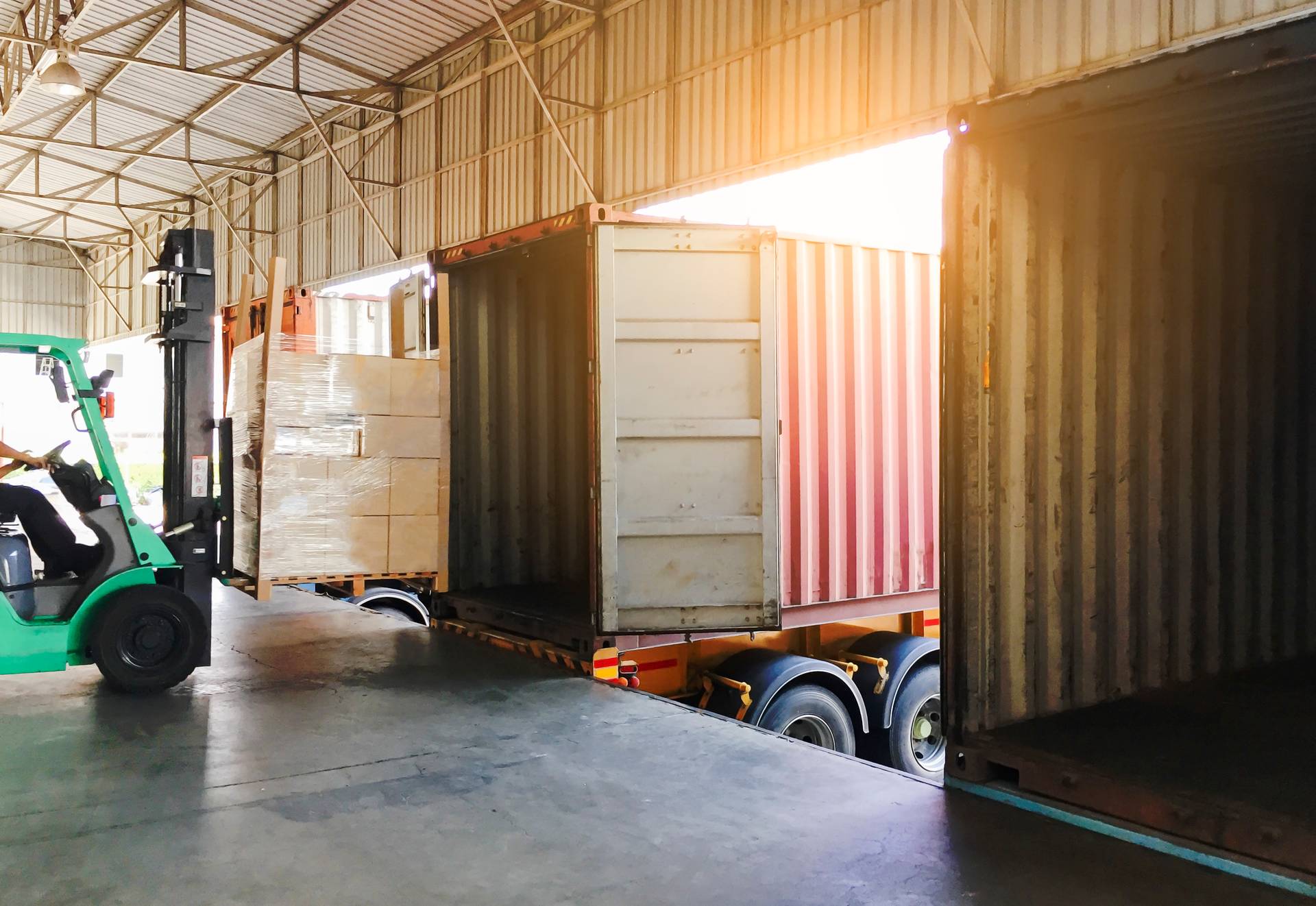The Role of Logistics Management in the Agricultural Industry
Learn how logistics management plays a crucial role in ensuring the success of the agricultural supply chain and, particularly, in the production of the most widely produced crop in the US.
As the global demand for agricultural seeds is rising consistently, logistics management in the agricultural industry becomes even more vital in ensuring the agricultural production and food supply chain runs smoothly to prevent shortages across the world.
Click Here: Ship Agricultural Goods Regardless of Seasonal Fluctuations
This article will discuss the meaning of logistics management in the agriculture industry and the importance of logistics in the U.S.’s largest crop production.
What is Logistics Management for the Agricultural Industry?
Logistics management in the agricultural industry is the process that ensures the optimal and continuous flow of agro-goods from manufacturers/suppliers to producers and, eventually, to consumers. Some of the activities needed to facilitate this logistics process include agricultural production, acquisition, storage, handling, transportation, and distribution.
It is crucial that the activities in this process are effectively managed to guarantee customers’ demands are met on time and the maximum value of the cultivated products is achieved. Moreover, it is essential to minimize distribution expenses, improve the circulation of agricultural goods, reduce unnecessary losses, and strive for an environment-friendly and compliant logistics.
Importance of Logistics Management in the U.S.’s Largest Crop Production
Corn, the most widely produced crop in the U.S., relies heavily on logistics management to ensure farmers receive the necessary resources to feed the world. But due to various planting seasons, corn is grown in different parts of the world, with a portion of the harvest stored or exported to other countries. Here’s an example to describe it better:
Corn seed in the U.S. is grown from May through November. When harvested, a portion of the yield is used for human and animal consumption while another portion is stored or exported. Stored seeds will be kept for planting in the next viable season in the U.S., while a certain amount is exported to other parts of the world to be planted, so the supply of agricultural seeds is perpetuated.
When winter season comes in the U.S., corn is planted in the southern hemisphere, where the season is summer. Just as the U.S. handles corn seeds, countries in the southern hemisphere will dedicate a part for consumption and another part for planting in the next viable season or export it back to the U.S. to be planted.

Effective logistics management is essential for corn production since the crop is one of the major contributors to feeding livestock and manufacturing industrial products, food, beverages, etc. Corn also plays a significant role in combating the rising price of petroleum since it is a major component of ethanol, a viable alternative to petroleum.
“Corn was America’s largest grown crop in
2019, with the U.S. farmers planting
91.7 million acres of corn.”
Source: United States Department of Agriculture (USDA)
TMS has played a vital role in the logistics of agricultural seed worldwide. With our partnerships of over 20,000 experienced and reliable carriers, we have the capacity to accommodate your agricultural cargo across the world, regardless of seasonal fluctuations or market conditions. Therefore, your company can rely on TMS to maintain the efficiency of your supply chain.
To contact TMS, click here or call us at our offices: 877 547 2770 (Florida) or 866 560 1693 (Kentucky)
More Blogs
Here are some more articles that consist of topics about the logistics industry, modern transportation trends, and best practices to help your business expand. Read some of these articles to learn more.

Third-Party Logistics LTL Shipping: Pros and Cons That You Should Know

5 Tips for an Efficient Transportation Management Process


Comments 0